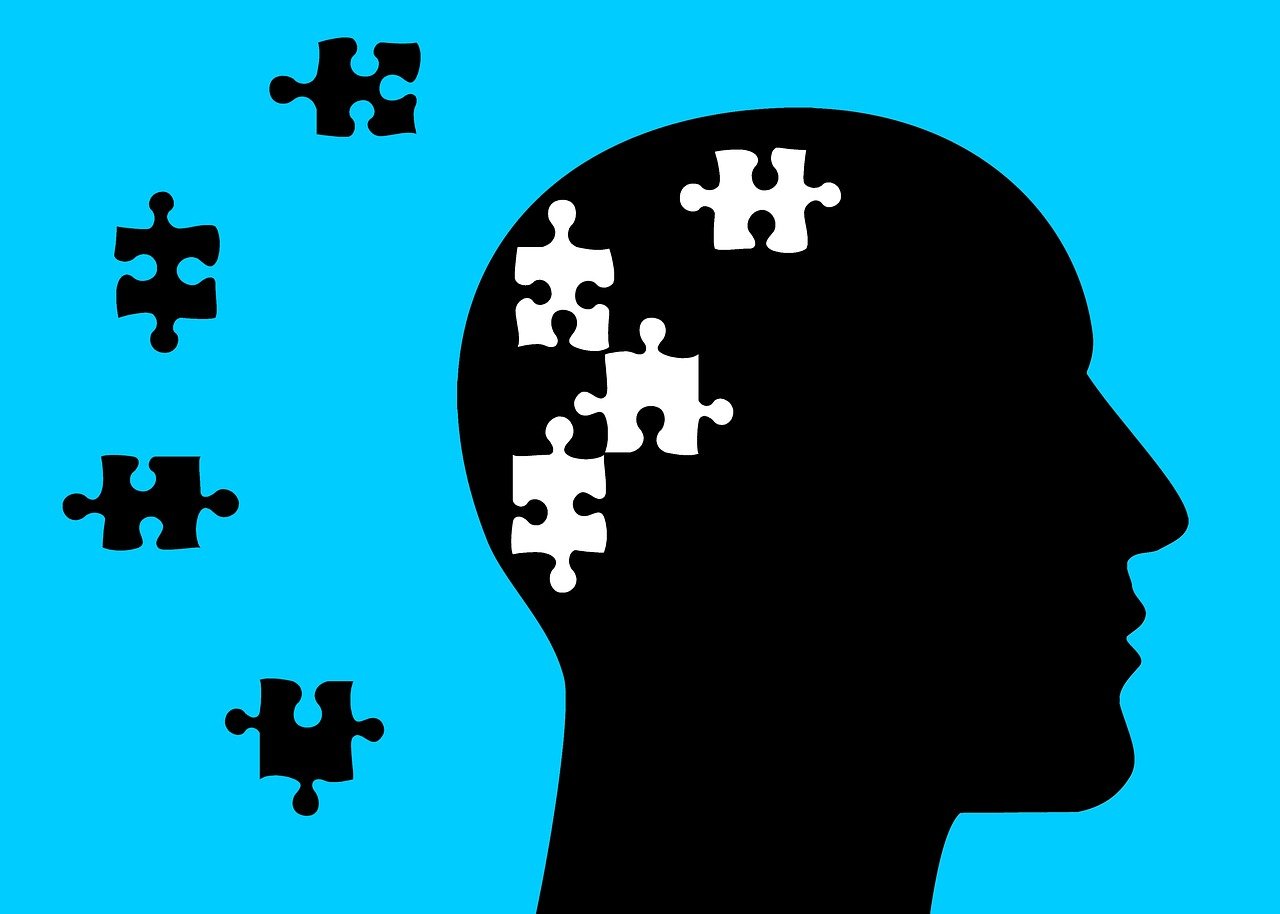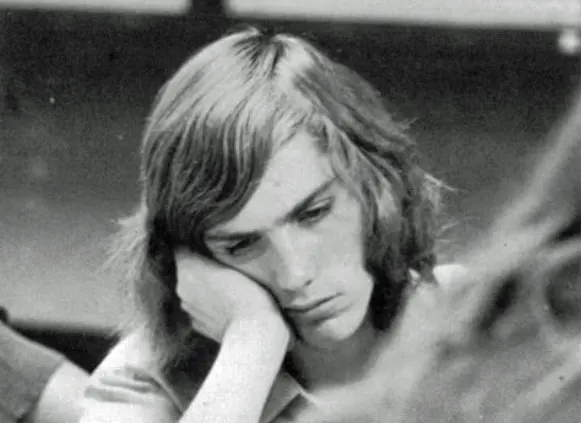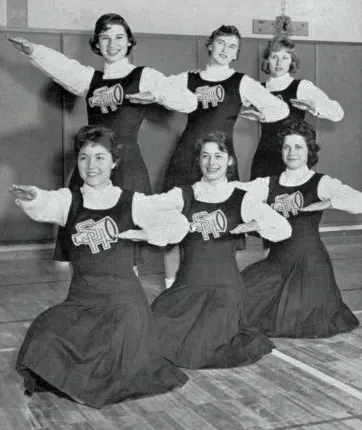Hanging on to Bad Memories
Why do we do this to ourselves?

I’ve been thinking about the emotional bungee jump of adolescence, the retention of unpleasant Sweet Home Class of 1975 memories, and that “wow! I really haven’t let that go” epiphany that seems to sneak up on us as we think about attending our class reunion. Though the passage of time softens our feelings, the memories that make our hearts sink, or put a lump in our throats, or force us to re-experience embarrassment, for example, don’t always just go away. Whether those years were a daily struggle with anguishing humiliation and heartbreak, or a blissful breeze through our relationships and responsibilities (or, for most, somewhere in between), our super-sensitive teenaged brains made sure the most negative high school experiences are practically indelible, and still accessible by means of those recirculating flashbacks.
Memory researchers have in fact identified something called The Reminiscence Bump, which confirms that the strongest memories for the events in our lives come from things that happened to us between the ages of 10 and 30. … For many people, the most vividly remembered and emotionally charged of those years are spent in high school. Unrequited romantic crushes, chronic embarrassment, desperate struggles for popularity, sexual awakening; parental pressure. And above all else, social, athletic, academic, and otherwise. The angst of these years follows us through life1
 In some ways, getting older and requiring more effort to remember things isn’t so bad. Some of the minutiae is gone forever. But it appears pretty clear that we can’t just erase the negative Sweet Home Class of 1975 memories. That obsession with popularity, our friends, our appearance; the misery of rejection; and bigger events like traumatic events at home—they were huge at the time. We can’t count on our brains to bury them or neutralize them: we remember what we remember. And for some of us, the pain and vulnerability never totally went away, or the loss of face still embarrasses us. Here’s what ChatGPT has to say:
In some ways, getting older and requiring more effort to remember things isn’t so bad. Some of the minutiae is gone forever. But it appears pretty clear that we can’t just erase the negative Sweet Home Class of 1975 memories. That obsession with popularity, our friends, our appearance; the misery of rejection; and bigger events like traumatic events at home—they were huge at the time. We can’t count on our brains to bury them or neutralize them: we remember what we remember. And for some of us, the pain and vulnerability never totally went away, or the loss of face still embarrasses us. Here’s what ChatGPT has to say:
Letting go of a painful memory can be difficult for a variety of reasons. Emotions and memories are often intertwined, and the brain can hold onto painful memories as a way of protecting us from similar experiences in the future. Additionally, the circumstances surrounding the memory, such as the people involved or the impact it had on our lives, can make it challenging to release. Sometimes, unresolved emotions or a lack of closure can also contribute to the difficulty in letting go.
It’s been a long time since High School. If this was our 10th, or even our 25th reunion, this post would have been more relevant. In my previous post I touched on memories some of us just can’t shrug off as a (legitimate) reason for avoiding our reunion. This is a quote from Psychology Today: “[A] strong propensity for holding grudges protects us from being taken advantage of again, but can also make for some uncomfortable, anxiety-arousing moments at high school reunions.1 ” I’m not saying that cringe-worthy memories = holding grudges, just that they may have an effect, even 50-some years later.
But even if we still recall who treated us well and who didn’t, the majority of 65+ year-olds don’t necessarily attach strong emotion to the memory. Our brains limit our reaction to just a soft cringe about the kid who teased us, or the teacher who embarrassed us, about unavoidable regrets; they were probably just compensating for their own insecurities. Water under the bridge. We forgive if we’re able to.
Regrets, I’ve had a few
But then again too few to mention
I did what I had to do
I saw it through without exemption
I planned each charted course
Each careful step along the byway
And more, much, much more
I did it, I did it my way2
 Can we find positive meaning in negative experiences? Psychologists say to a great extent, we can. First off, again, by forgiving others. And above all: by forgiving our teenaged selves for the many mistakes we all made when we were young, when we erroneously thought our brains are fully formed. We weren’t ripe yet, were flooded with hormones, and our brains didn’t know how much weight to give to our experiences. Not our fault.
Can we find positive meaning in negative experiences? Psychologists say to a great extent, we can. First off, again, by forgiving others. And above all: by forgiving our teenaged selves for the many mistakes we all made when we were young, when we erroneously thought our brains are fully formed. We weren’t ripe yet, were flooded with hormones, and our brains didn’t know how much weight to give to our experiences. Not our fault.
Along with the inevitable resurfacing of emotional memories, it’s important to recognize that reunions are not at all about comparisons and judgments. Reunions are about reconnecting–and connection is what people really want and need.3
Sorry for those bad times. I wish we didn’t have them to begin with. We hope they won’t discourage you from joining our big celebration.
2 Written by Paul Anka. Seriously. https://thesmithcenter.com/explore/smith-center-blog/the-story-of-how-paul-anka-wrote-my-way-for-frank-sinatra/
Did you enjoy this post? Does any of it ring a bell? Please submit your feedback.